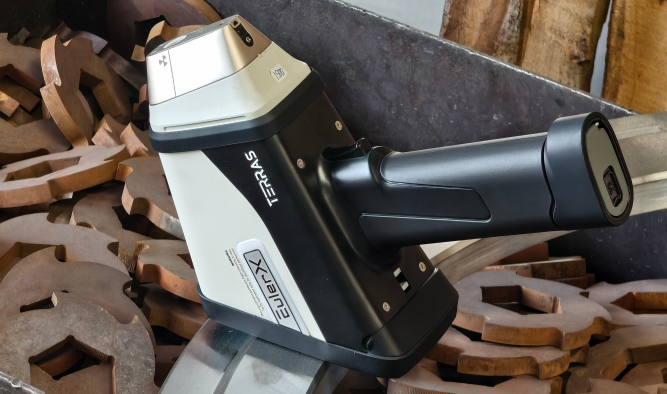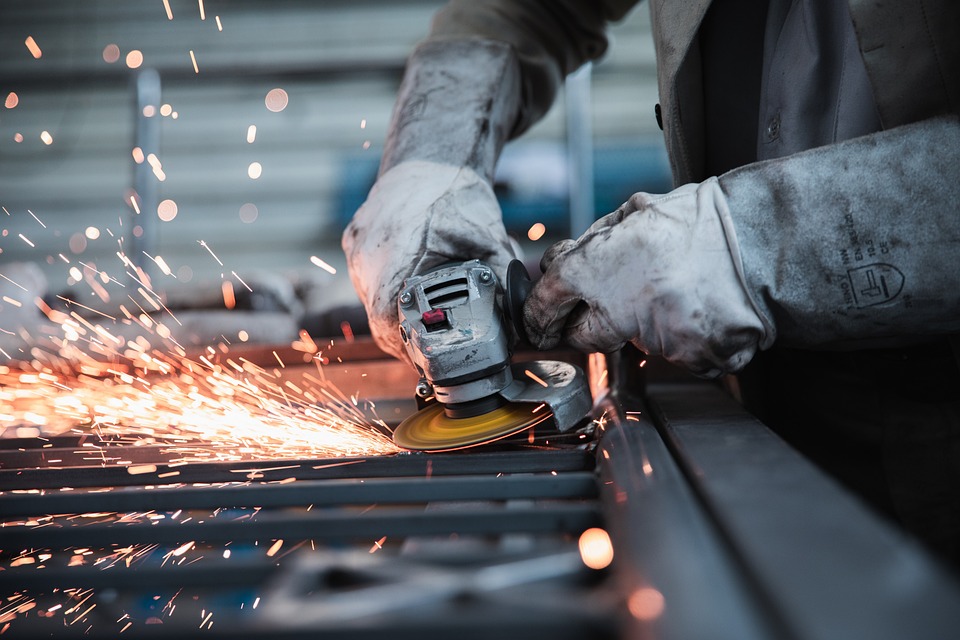
Alloy
A high-tech enterprise focusing on the development and application of X-ray technology products, committed to becoming a leading supplier of X-ray industrial testing solutions.
A Guide to Buying an XRF Analyzer for Sale in South Africa: What You Need to Know
X-ray fluorescence (XRF) analyzers are essential tools for industries such as mining, metal recycling, manufacturing, and environmental testing. If you're looking to buy an XRF analyzer in South Africa, choosing the right model can significantly impact your operations, efficiency, and compliance. This guide covers key factors to consider before making your purchase.
XRF analyzer core technology analysis
X-ray fluorescence (XRF) analysis technology is an important means of modern material detection. Its core working principle is based on the interaction between X-rays and matter. When high-energy X-rays irradiate the sample, the inner electrons of the sample atoms will be ionized, and the outer electrons will jump to fill the vacancies to release characteristic X-ray fluorescence. By detecting the energy and intensity of these characteristic fluorescence, the analyzer can accurately determine the type and content of each element in the sample.

Key technical components
X-ray excitation source
Using high-performance X-ray tubes, the energy range is usually 4-50keV
The latest technology uses micro-focus X-ray tubes to significantly improve the excitation efficiency
Some high-end models are equipped with adjustable voltage systems to optimize the excitation effects of different elements
Detector system
Silicon drift detector (SDD) has become the mainstream configuration, with an energy resolution of <140eV
Advanced cooling technology ensures stable operation of the detector
Multi-capillary optical system improves signal acquisition efficiency
Analysis algorithm
Using FP (basic parameters) method for quantitative analysis
Built-in database of tens of thousands of material standards
Intelligent spectrum analysis technology effectively separates overlapping peaks
1. Determine Your Application Needs
XRF analyzers serve different purposes, so identifying your primary use case is crucial:
Mining & Exploration – For fast, on-site ore grade analysis
Scrap Metal Recycling – To accurately sort and identify alloys
Manufacturing & Quality Control – Ensuring material composition meets standards
Environmental Testing – Detecting hazardous elements in soil or waste
2. Choose Between Handheld and Benchtop Models
Handheld XRF Analyzers – Portable, battery-operated, and ideal for field testing. Best for mining, scrap yards, and on-site inspections.
Benchtop XRF Analyzers – Higher precision, suited for lab environments where detailed analysis is needed.
3. Consider Detection Range and Accuracy
Light Elements (Mg, Al, Si, P, S) – Important for mining and environmental testing.
Heavy Metals (Pb, Hg, Cd, As) – Crucial for RoHS and environmental compliance.
Alloy Identification – Must detect key alloying elements (Ni, Cr, Mo, Ti).
Ensure the analyzer meets industry standards (e.g., ISO, ASTM) for reliable results.
4. Evaluate Software & Data Management
User-Friendly Interface – Intuitive software speeds up analysis.
Cloud Connectivity – Allows data storage, reporting, and remote access.
Multi-Language Support – Useful for diverse workforces in South Africa.

Terras EulerX900 Handheld Alloy Analyzer
5. Check After-Sales Support & Service
Since XRF analyzers require periodic calibration and maintenance, verify:
Local Service Centers – Availability in South Africa for quick repairs.
Training & Technical Support – Proper onboarding for your team.
The EulerX 900 series handheld XRF spectrometer offers quick, precise metal analysis with user-friendly operation. Its advanced technology makes it ideal for alloy identification, quality control, scrap recycling, and precious metals analysis. With minimal setup and no sample preparation, the EulerX 900 delivers lab-quality results in seconds, allowing for efficient, non-destructive analysis of solids, liquids, and powders in diverse environments.
Final Thoughts
Buying an XRF analyzer in South Africa requires careful consideration of your industry needs, model type, accuracy, and after-sales support. Investing in the right device will improve efficiency, compliance, and profitability.
Join Us
Subscribe to our email list for updates & promotions.



